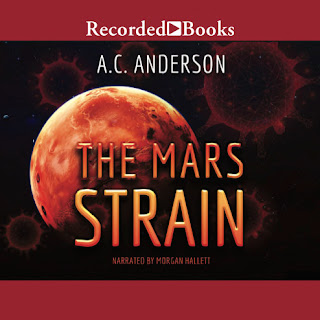The Write Stuff: What five effective work habits make a professional writer the most successful?
My Top 5 Habits are all about Getting One's Head in the Right Mental Space for...
- Putting the words on the pages: Preferably in some semblance of logical order. Even better if that order conveys a plot, character growth, and a setting. James's post from yesterday goes into the WRITE, Damnit habits of successful authors.
- Professional and peer accolades and criticisms: Critique partners, development and line editors, copyeditors, and beta readers are recommended resources for authors. Regardless of how pro writers publish, their peer and professional networks are going to have suggestions that should improve the book. Pros know the difference between personal attacks and creative guidance; they also know when to insist on their version and when to accept changes.
- Public accolades and criticisms: Once that book is released, pros let.it.go. Sure, many read reviews but professionals never respond to the reviews (because reviews are not written for the author, they're written for other readers...even if the person leaving the review doesn't understand that).
- Maturely handling pride, envy, success, and failure: Human nature is what it is, and denying emotions doesn't mean they don't happen. Professional writers know how to manage their own personality quirks so that whatever they privately feel doesn't become public. Whether it's the achievements of friends/strangers that simultaneously delight and disappoint, that negative voice no one else can hear, or the arrogance of attainment, professionals grok the path to success isn't through public tantrums or demeaning anyone.
- Don't Be A Dick: While drafting works is an isolated individual affair, what comes after that requires responsible collaboration. Long-term success means being the sort of professional with whom others want to partner. There is a wide, wide space between being a pushover and an asshole; successful professionals set boundaries and expectations so they can be firm but pleasant. When it comes to interacting with readers, DBD is the guiding principle (admittedly, the art of dealing with aggressive or manipulative fans requires an advanced skill set so as not to come across as a douchenozzle).












